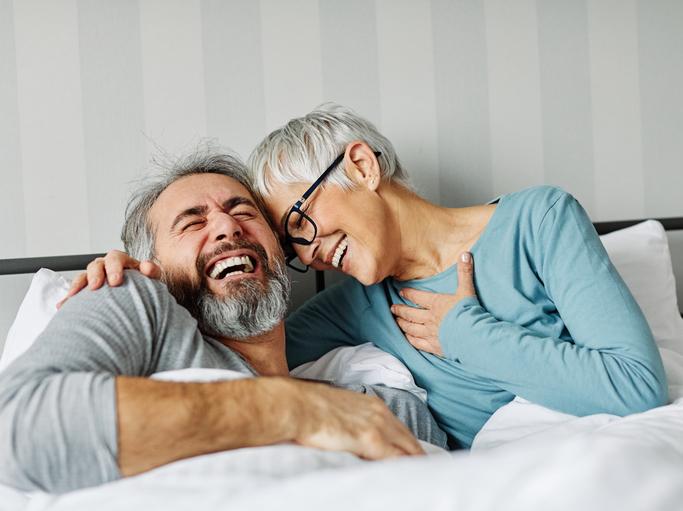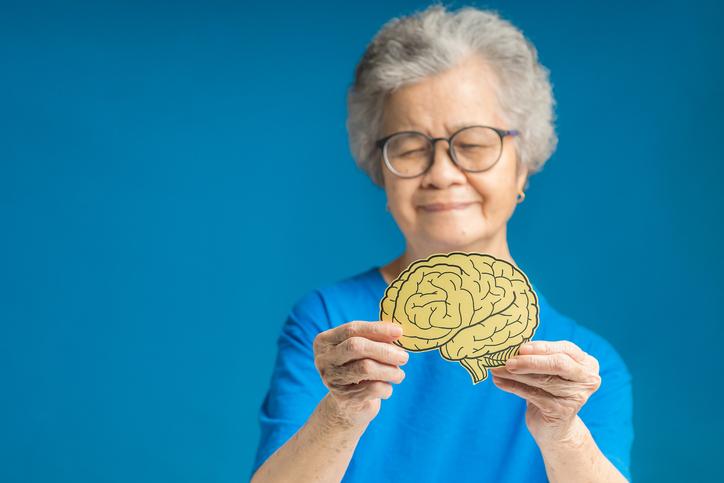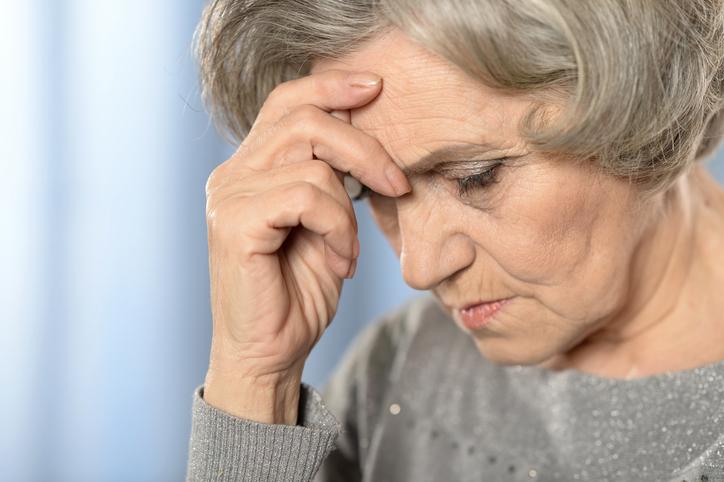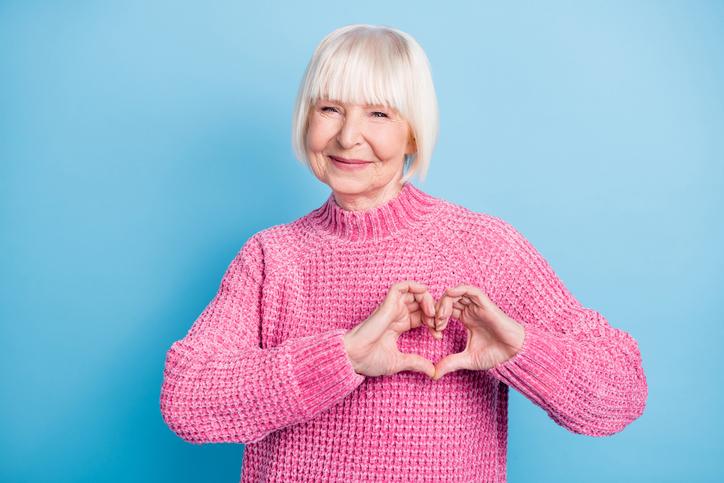27 января 2025
How to Slow Down Skin Aging


27 января 2025
How to Slow Down Skin Aging
## The main cause of aging
Beginning around 25-30 years old, the skin naturally slows down collagen synthesis, reducing the hyaluronic acid content and making it less elastic and moisturized. Cell regeneration also slows down with age, and capillaries become brittle, impairing blood supply. However, the speed and severity of these changes depend primarily on genes. Genes determine the baseline levels of collagen, elastin, and hyaluronic acid—the main components that keep skin firm, elastic, and moisturized. Look at your parents for a preview of how your skin might age. The better their skin looks, the better your chance of retaining your youthful appearance for the long term.
Equally important is your skin type, which is usually inherited. For example, dry skin shows signs of aging earlier due to a lack of natural moisturization, while those with oily skin may experience wrinkles later.
> Epigenetic changes are another aspect related to genetics. These are changes in the way genes work due to environmental influences. For example, chronic [stress](https://ul.orna.me/KOge/librarydisease?id=19), smoking, or UV radiation can activate genes responsible for inflammation and cell damage.
## External factors
While genetics play a big role, we can minimize the negative impact of external factors on skin aging.
- Protect your skin from the sun: prolonged exposure to sunlight is the main enemy of youthful skin. UV rays penetrate the dermis's deep layers, destroying collagen and elastin. This leads to wrinkles, age spots, and dryness. Moreover, excess sunlight causes oxidative stress, which accelerates skin cell death.
- Quit (or better yet, don't start) smoking: nicotine impairs circulation, depriving your skin of oxygen and nutrients. The tar and toxins in cigarettes contribute to the destruction of collagen, accelerating the appearance of wrinkles and giving your skin a grayish hue.
- Get outdoors more often: people who live in big cities often lack exposure to fresh air. Gases and microparticles in the air damage the skin's protective barrier, causing inflammation and oxidative stress. This accelerates aging and increases the risk of chronic skin diseases.
- Eat right: lack of antioxidants, vitamins, and omega-3 fatty acids reduces skin regeneration. Excess sugar intake accelerates the glycation process, where proteins (including collagen) lose their function, resulting in a loss of elasticity.
- Get enough sleep: chronic sleep deprivation disrupts the process of skin cell renewal, which is most active at night.
## Health
- Some diseases can also affect the skin's condition and accelerate aging.
- Thyroid problems, hormonal disorders, or decreased estrogen levels in postmenopausal women lead to thinning skin, dryness, and reduced elasticity.
- Systemic diseases such as diabetes or autoimmune disorders (psoriasis or lupus) cause constant inflammation that damages skin cells.
- Chronic stress increases cortisol levels, which slows skin regeneration and reduces collagen production.
## The 5 basics of skincare
Lack of proper skin care can accelerate skin aging. For example, using harsh products, overuse and poor choice of beauty treatments, lack of moisturizing, and ignoring sun protection lead to early wrinkles, loss of elasticity, and the appearance of hyperpigmentation. On the contrary, a comprehensive approach, including holistically caring for the body, can significantly slow down this process.
- Healthy lifestyle. Smoking cessation, adequate sleep, proper nutrition, and stress minimization will help preserve the skin's youthfulness.
- Sun protection. Applying SPF sunscreen should become a daily habit, even in cloudy weather.
- Essential moisturizing. The right skincare products will help maintain the hydro-balance and slow down wrinkle formation.
- Early prevention. Timely detection and treatment of diseases will prevent their negative impact on the skin.
- Use of antioxidants. Products rich in vitamins C, E, and [omega](https://ul.orna.me/KOge/librarybiomarker?id=179) strengthen the skin's defenses.













